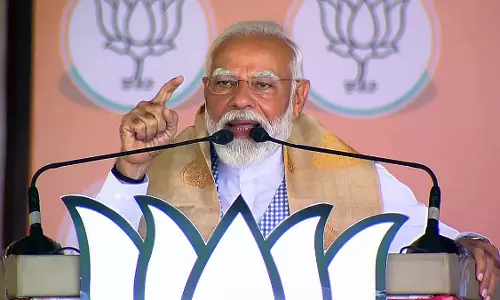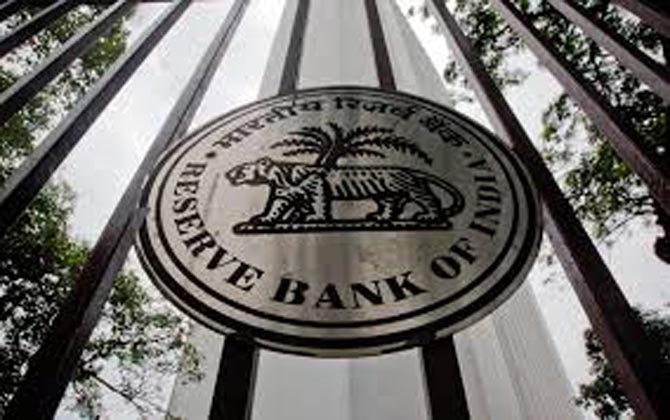
Govt loan-write off: Corruption grips banking sector
text_fieldsThe state of Indian banks, especially the public sector banks, has been a matter of serious concern with reports of surging NPAs, loan write-offs and poor financial results by the public sector banks generating anxiety.
In the last fiscal year, there were 27 banks that were in loss or suffered less profit. According to reports, the total loss of the 11 public sector banks comes up to Rs 12, 867 in December. The increasing debts and stressed loans have been turning into non-performing assets (NPA) in the past few years. The alarming rise in bad debts has now compelled the government to write off the NPAs as bad loans. According to the RTI documents released by the Reserve Bank, the bad loans written off by 29 public sector banks between 2004 and 2015 amount to more than Rs 2.11 lakh crore. More than half of such debts coming up to RS 1.14 lakh crore were written off between 2012 and 2015. The Supreme Court which acknowledged the grave crisis has directed the Reserve Bank to submit the list of companies with more than 500 crore debt. State Bank of India and the Bank of Baroda that experienced huge loses had witnessed alarming rises in bad debts. The stressed asset of public sector banks could be more than 8 lakh crore through restructuring of loans. Technically, the debts are considered as the asset of banks. When the increasing bad loans are written off by the banks, the loss of assets could destabilize the banking sector plunging the nation into a huge economic crisis. It’s not the poor farmers, the destitute families seeking better lives or the common man who benefits by the move but the corporate giants who takes loans without proper documents and through illegal ties with officials exerting political pressure to get their work done. In a country where government adverts are issues citing shortage of funds for permitting subsidies for distribution of rice and natural gas, about Rs 40, 000 crore were written off as bad loans of corporate companies alone during 2015.
The banks as well as the government have been reluctant to clarify the name of its debtors. It was then Raghuram Rajan, Reserve Bank Governor, stepped in. Rajan had frequently expressed concern over the deteriorating condition of the public sector banks urging for steps to ensure that banks classify certain stressed assets as NPAs and to take measures to ‘strengthen their balance sheets’. He stated that those benefitted by their loans written off were corporate giants and not small debtors. He also said that the banks required ‘deep surgery’ to clean up their balance sheets and put stressed projects back on track. The present debts of the country’s top ten companies including Reliance, Adani, Essar, Vedanta, Jindal and Videocon amount to Rs 7.33 lakh crore with the largest increases in debts occurring within the last 8 years. These companies therefore surely benefit from the loan write-offs. Liquor king Vijay Mallya is one of those ‘poor’ debtors. The banks that usually doesn’t hesitate to overtly target the poor debtors, refuses to disclose the names of the posh and elite customers citing damage to their reputation. That was the reason why former CIG Vinod Rai and Reserve Bank former deputy governor Dr. K. C. Chakrabarty termed the loan write-offs as banking scam. The apex court if taken an initiative, could unveil the various layers of this ongoing corruption. Reluctance to divulge the details of the corporate giants itself reveals the banks’ illegal tie-ups and political connections. Its high time the banking sector underwent an extensive revamp. Free and fair investigation should be carried out to bring the culprits to light and penalize them which otherwise would lead to grave and irreparable economic instability.























